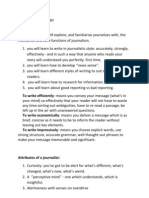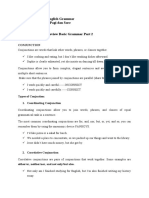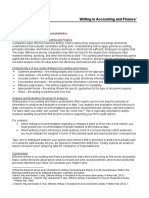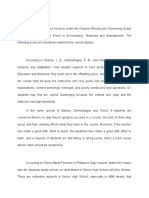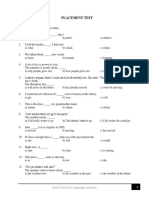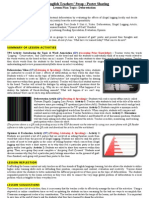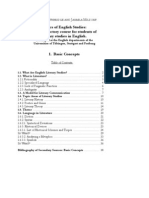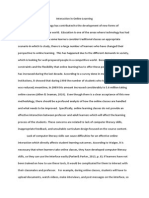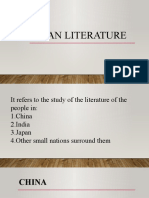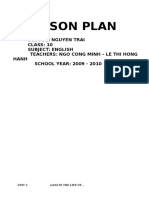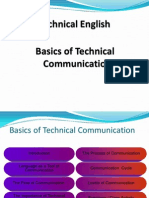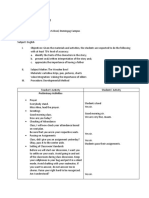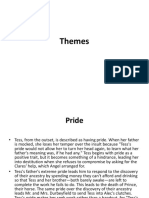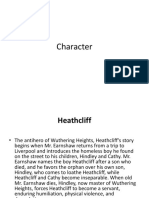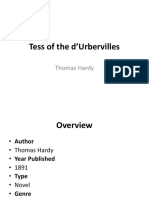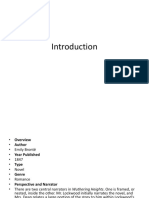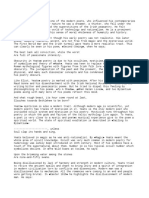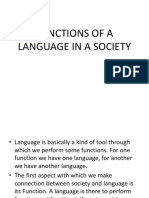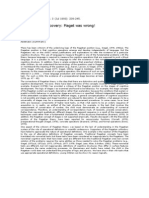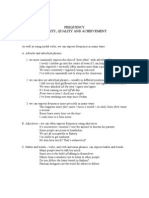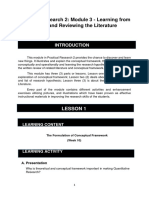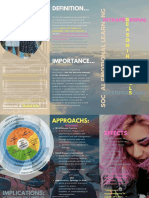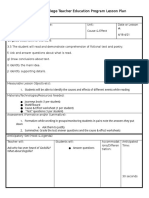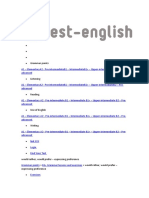0% found this document useful (0 votes)
232 views19 pagesWhat Is Technical Writing PDF
The document discusses technical writing and compares it to academic writing. Technical writing communicates technical or specialized information to a specific audience for a specific purpose. It is concise, clear, and accurate. Technical writing aims to instruct readers on how to complete a task or solve a problem. In contrast, academic writing aims to expand knowledge or prove a viewpoint. Though technical and academic writing differ in their goals and audiences, they both utilize organized structures and formats to communicate information.
Uploaded by
MUHAMMAD SHAHIDCopyright
© © All Rights Reserved
We take content rights seriously. If you suspect this is your content, claim it here.
Available Formats
Download as PDF, TXT or read online on Scribd
0% found this document useful (0 votes)
232 views19 pagesWhat Is Technical Writing PDF
The document discusses technical writing and compares it to academic writing. Technical writing communicates technical or specialized information to a specific audience for a specific purpose. It is concise, clear, and accurate. Technical writing aims to instruct readers on how to complete a task or solve a problem. In contrast, academic writing aims to expand knowledge or prove a viewpoint. Though technical and academic writing differ in their goals and audiences, they both utilize organized structures and formats to communicate information.
Uploaded by
MUHAMMAD SHAHIDCopyright
© © All Rights Reserved
We take content rights seriously. If you suspect this is your content, claim it here.
Available Formats
Download as PDF, TXT or read online on Scribd
/ 19




